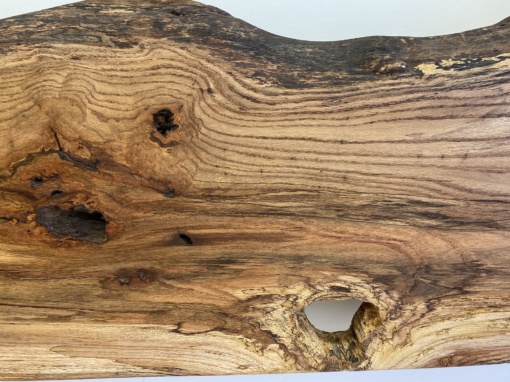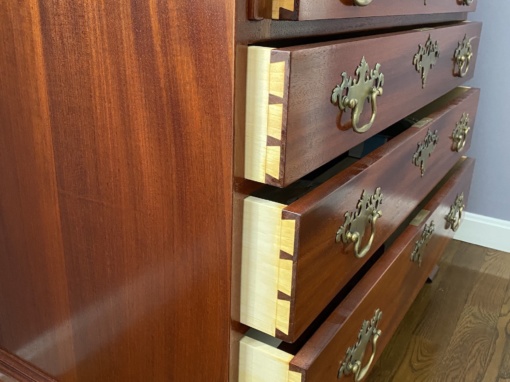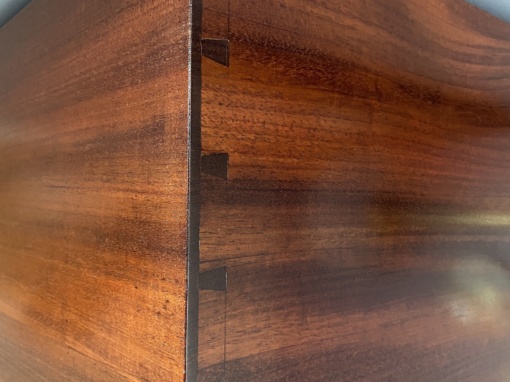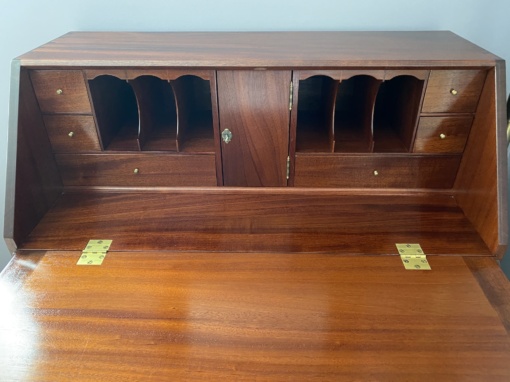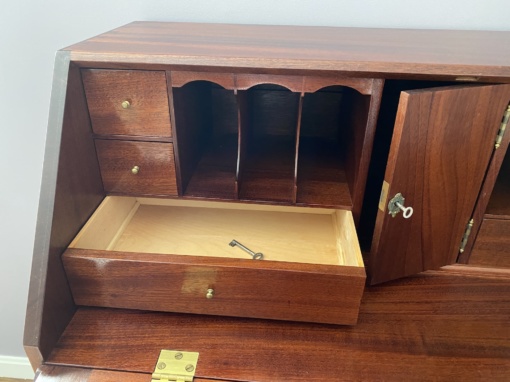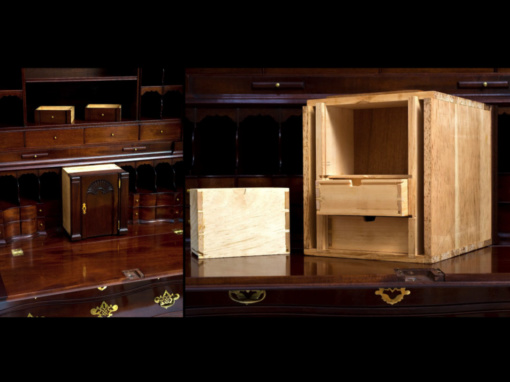This summer, when I was visiting my parents, my mom was having our kitchen renovated. One Thursday, repairmen ripped out our stove cooktop, oven, and dishwasher — appliances that we’d had since before I was born. As we watched, my dad said, “Doesn’t this remind you of the scene in the Brave Little Toaster when the faithful appliances get sent to the junkyard and crushed?” And I’m not going to lie — in that moment, I did feel kind of sad for our trusty old appliances.
Emotional concerns aside, it can be hard to decide whether to bring in the repairman to fix your ailing refrigerator or to toss it and buy a new one. Luckily, the new Study of Life Expectancy of Home Components will help you make your decision. It will tell you the life expectancy of big-ticket items such as refrigerators and washing machines, as well as cabinets, countertops, decks, doors, heating systems, panels, roofing, and skylights, among other things. It turns out that gas stoves have the longest appliance life expectancy — 15 years — while dishwashers and microwave ovens had some of the shortest — 9 years. Dryers and refrigerators clocked in at 13 years. So if your appliance is getting close to its life expectancy, you might want to throw it away and invest in a new one instead of spending the money to fix it.
You can download the study at TreeHugger.com. TreeHugger also points out that if your appliance is nearing the end of its life expectancy, it’s probably more environmentally friendly to throw it out and invest in a new one than to try to repair it, since new appliances are usually more energy efficient.
What do you think? Do you keep your appliances running until they sputter and die? Or would you invest in a new one because of efficiency concerns, or even because of aesthetics, before your old one stops working?
Credit: TreeHugger.com







